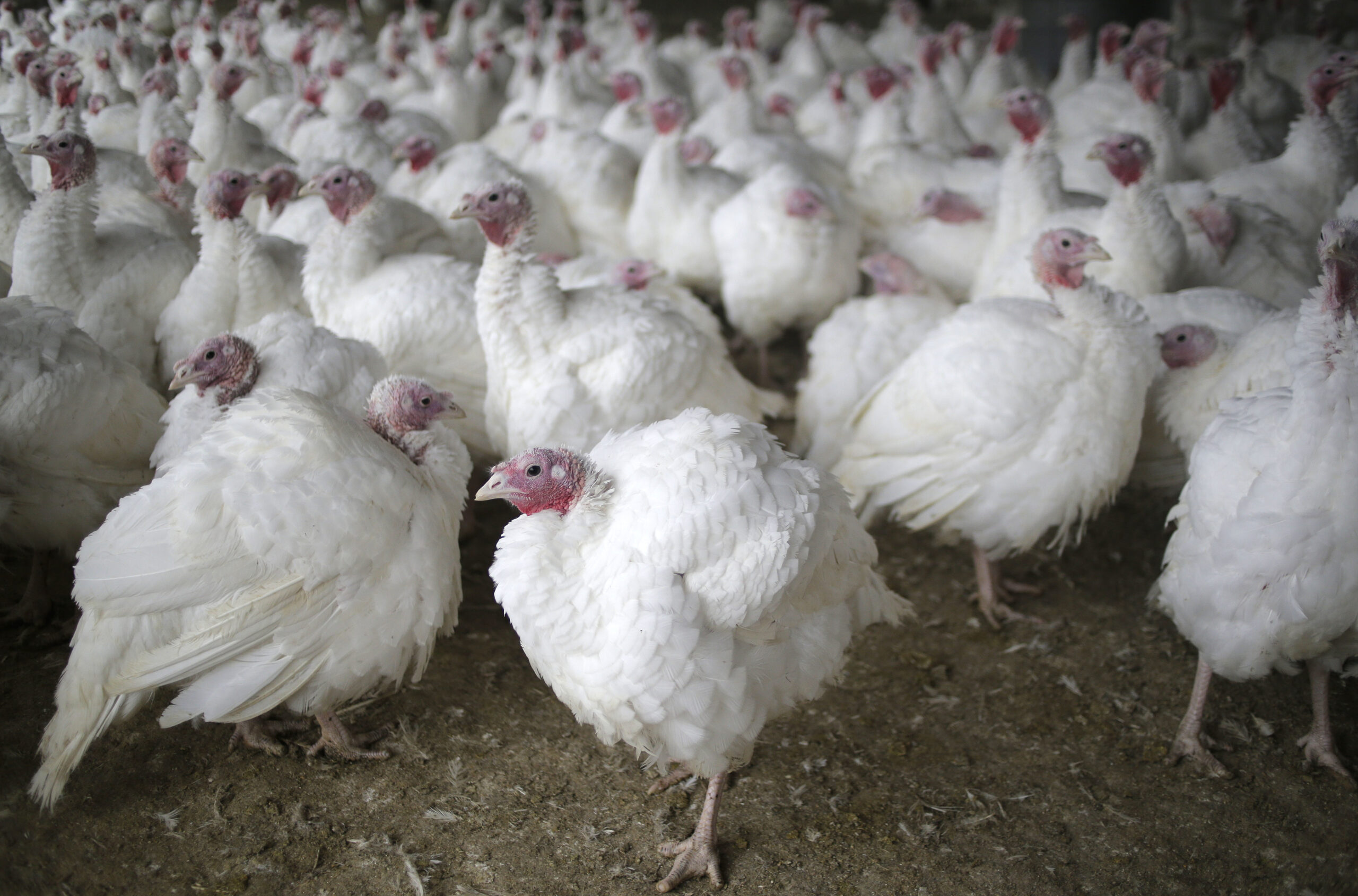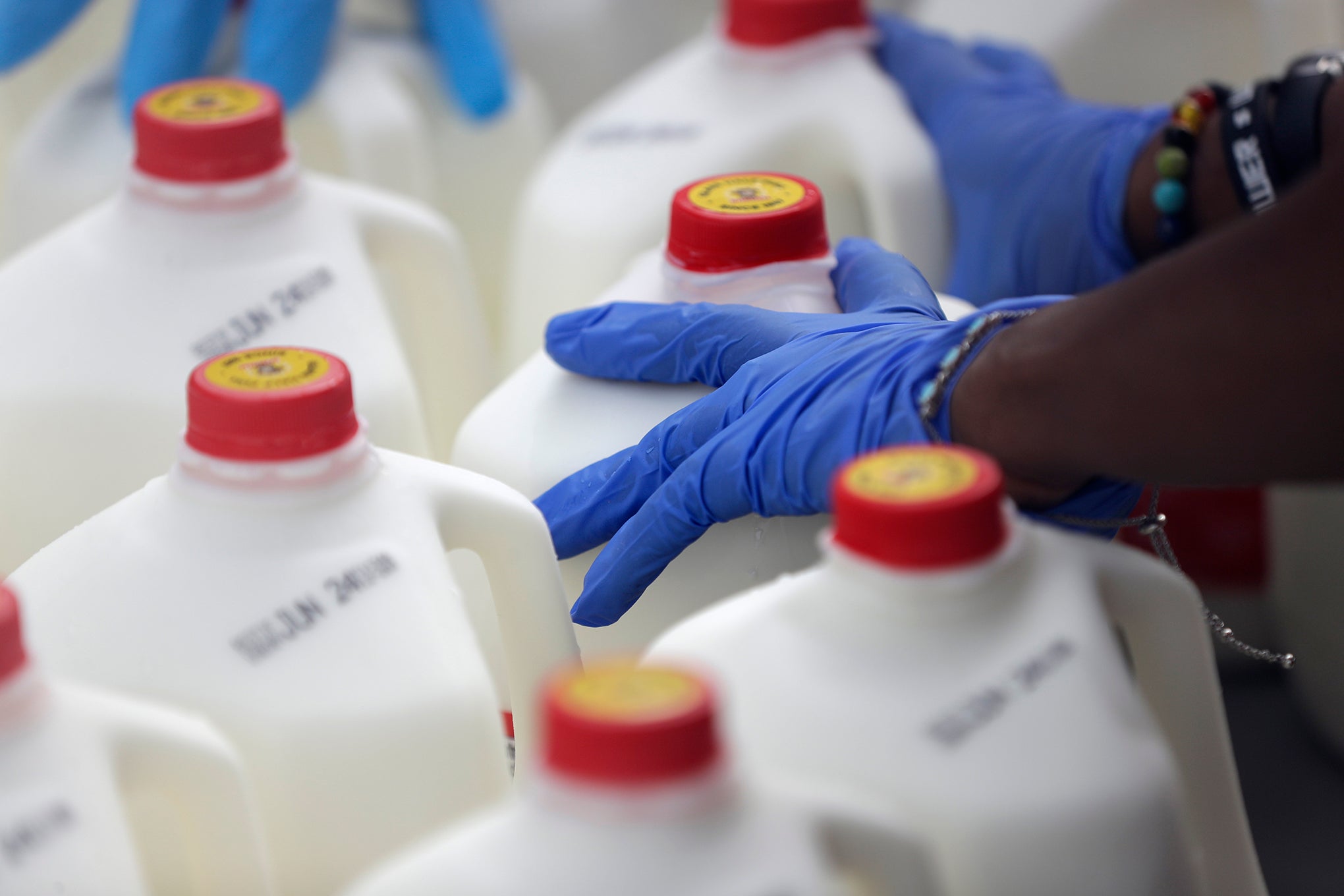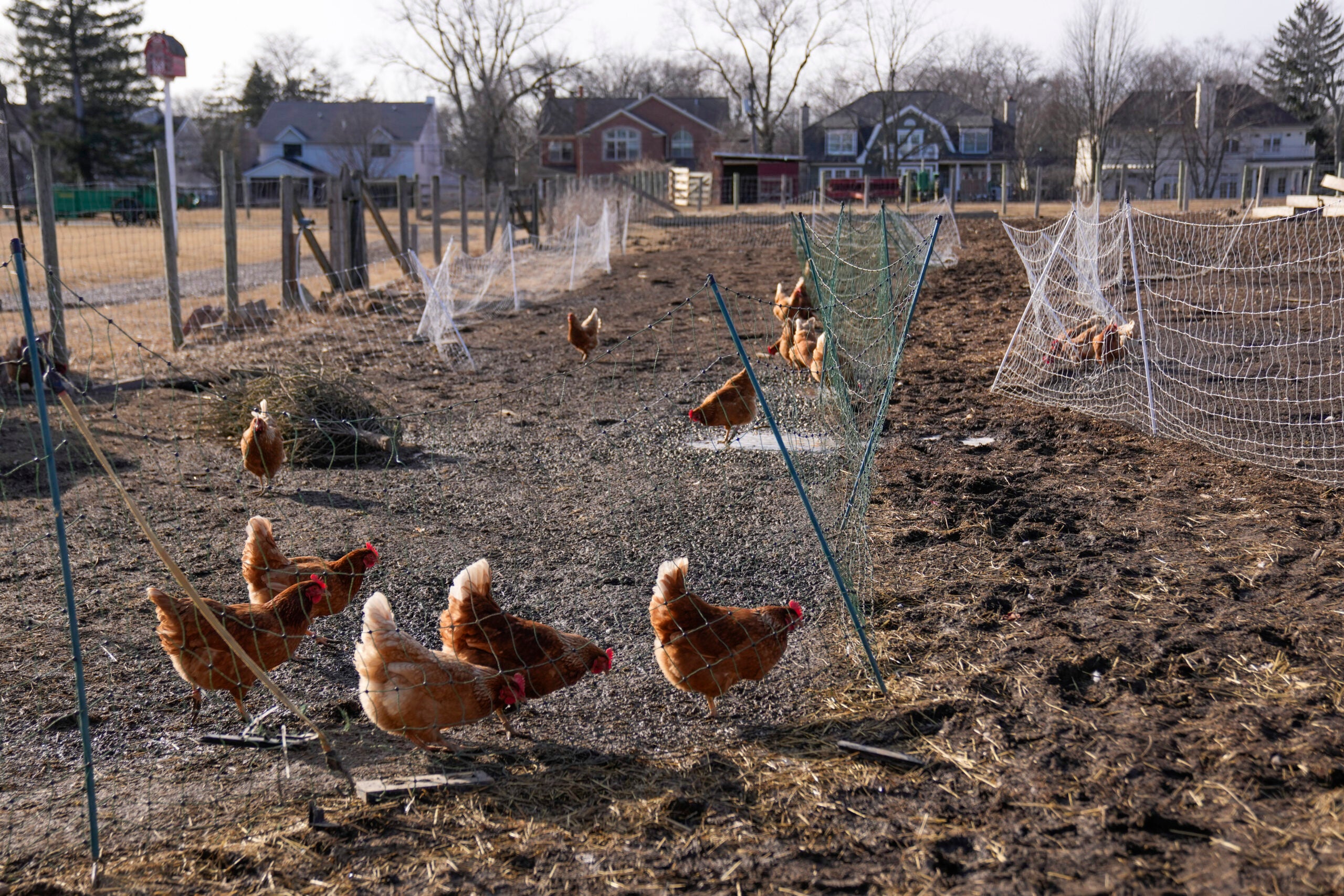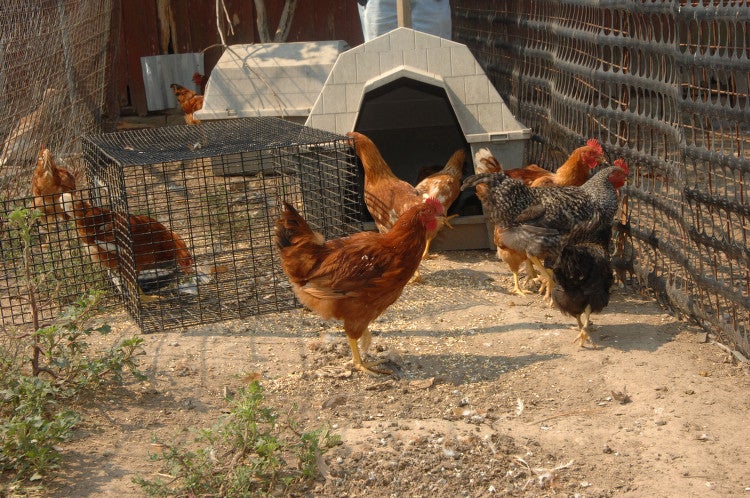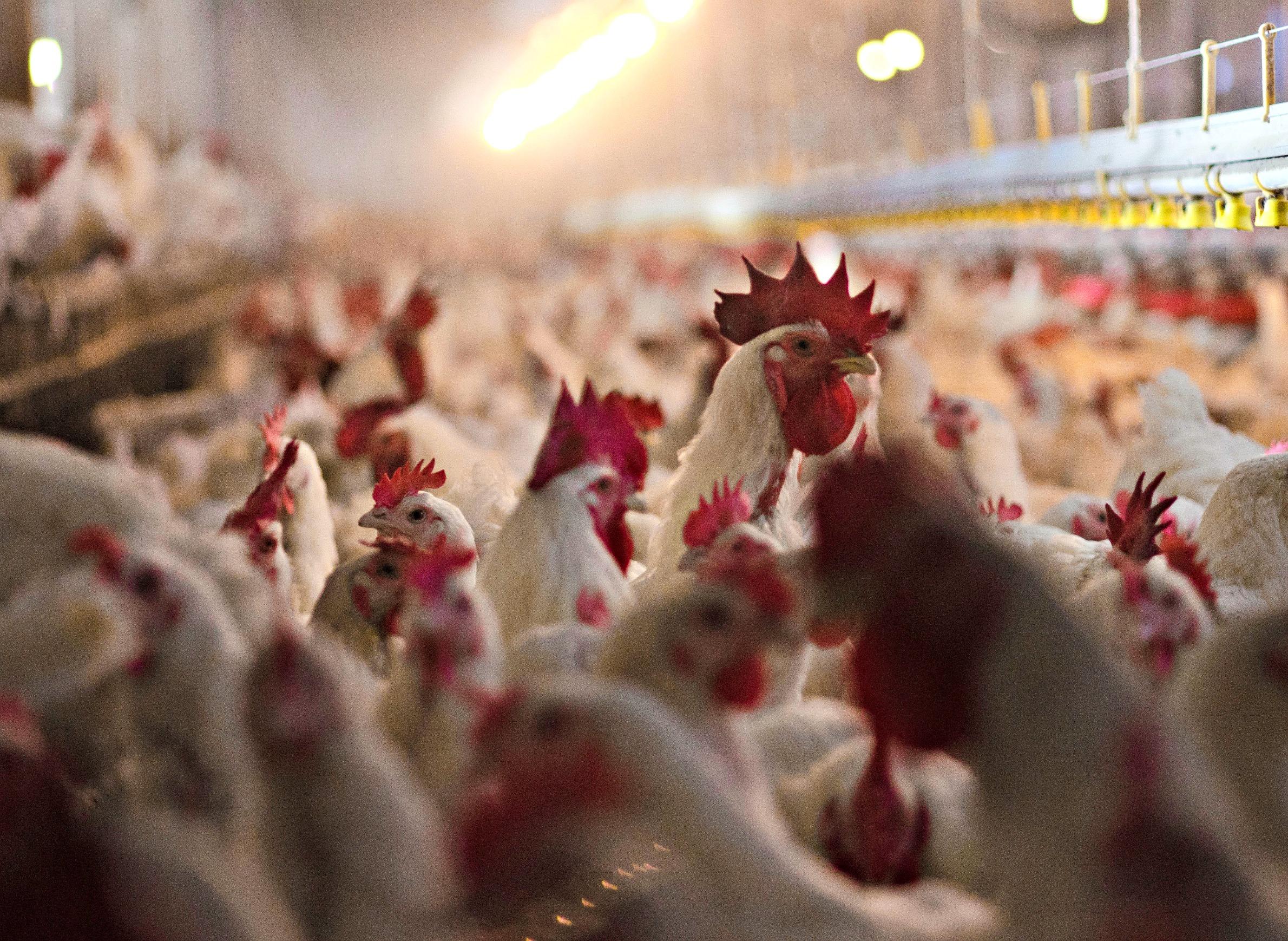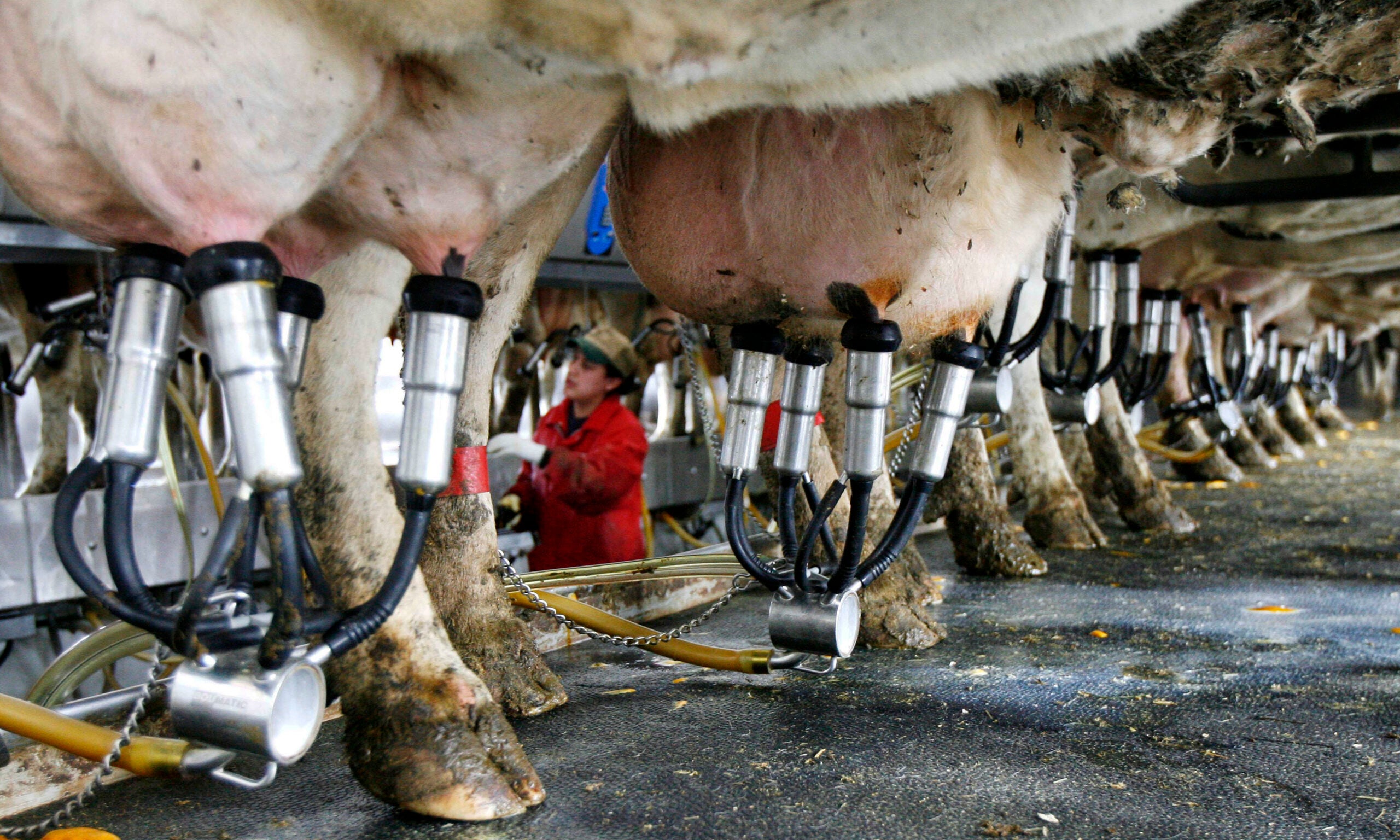Wisconsin agriculture officials confirmed a new case of avian flu on a commercial turkey farm in Barron County.
It’s the state’s first case of the highly-contagious disease since January. The virus has continued to circulate in wild birds and domestic poultry across the country since 2022.
State Veterinarian Darlene Konkle said the affected farm has been quarantined and the poultry flock will be culled to prevent further spread of the disease. She said animal health officials at the state Department of Agriculture, Trade and Consumer Protection will be investigating how the disease entered the farm.
Stay informed on the latest news
Sign up for WPR’s email newsletter.
“We do think it’s likely that it was some sort of environmental contact with either droppings or a different avenue, because this virus has been circulating in the Upper Midwest,” Konkle said on a call with reporters Thursday.
The avian flu virus has spread rapidly among dairy herds since it was first discovered on farms in Texas and Kansas in March. Wisconsin has not had a case of the disease in dairy cows. But the disease has spread to more than 800 dairy farms in 16 states. That spread recently prompted new federal milk testing requirements.
Konkle said DATCP officials are working with the affected farm in Barron County on ways to prevent spread between animal species.
“We’ll work with the flock owner to assess biosecurity measures,” Konkle told reporters. “We also have contacted the Division of Public Health, which is our routine process when we detect highly-pathogenic avian influenza. They also work with the flock owners on worker safety measures, personal protective equipment and monitoring of any people that are in contact with the flock.”
The Centers for Disease Control and Prevention have confirmed 58 cases of avian flu in people across the country this year. More than half of cases were from exposure to cattle. There have been no human avian flu infections in Wisconsin.
Konkle said DATCP is working to notify farms that are within a 10 kilometer radius of the affected poultry flock. The agency has not identified any registered cattle operations in that radius.
She said the agency is encouraging all poultry and livestock owners to review biosecurity practices on their farm that can help prevent virus spread, like limiting visitors in barns, handwashing and disinfecting equipment and boots.
Wisconsin Public Radio, © Copyright 2025, Board of Regents of the University of Wisconsin System and Wisconsin Educational Communications Board.

